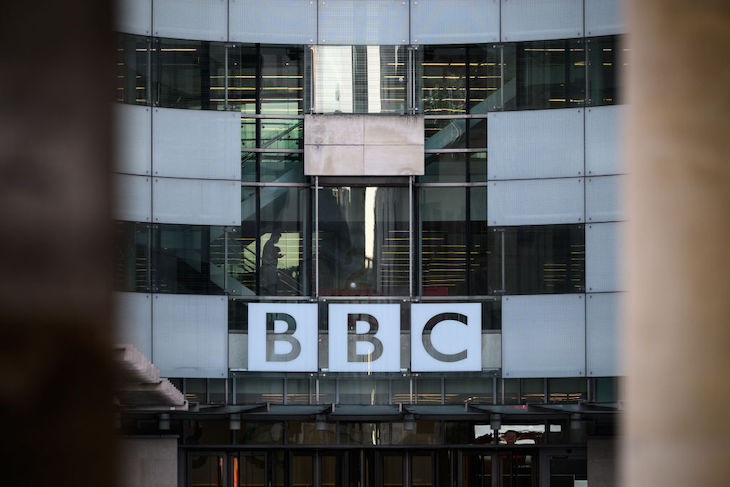Keir Starmer is frustrated. He wants to talk about the future but interviewers like me will insist on asking him about the past. ‘I can’t believe I’m still talking about my parents when I’m over 60,’ the Labour leader has been heard to complain to his advisers. In my BBC Panorama interview with him, I asked him about his mother’s words on her death bed: ‘You won’t let your dad go private, will you?’ I felt that plea – which he revealed to me in a previous interview – told a great deal about Starmer’s ideological roots. So too does his passionate belief in comprehensive schools. Unlike plenty of senior Labour figures – Diane Abbott, to name but one – he wouldn’t let his kids go to a selective school, let alone go private. He appears to relish the argument about putting VAT on school fees for the few, as it allows him to be seen to stand up for the many – the 93 per cent – who use state schools. The Tories have attempted to portray Sir Keir as a leftie north London lawyer. More important, I think, is that he will lead the most proudly working-class cabinet in decades.
Starmer’s advisers are more frustrated by questions about their man’s more recent history. Why waste time indulging in Starmer rhetorical archaeology, they ask. Simple. Our viewers tell us they still don’t know what the man who is odds on to be our next prime minister really stands for. They know he wants to be seen as the heir to Blair. He grins when I show him matching photos of the two leaders in their election uniforms – crisp white shirt with rolled-up sleeves. He’s much less keen to look at the next photo I call up, in which he’s seen warmly congratulating Jeremy Corbyn – the man, he said, would make a great prime minister. His explanation – that he praised Corbyn as he wanted to get as many Labour MPs elected as possible and knew that the party was going to lose – poses a question he must hope does not hang over voters’ heads as their pencil hovers above their ballot paper: ‘If he didn’t mean what he said then, how do we know he means what he is saying now?’
I don’t doubt the sincerity of Starmer’s conversion to what is affordable, practical and deliverable. There is nothing like a slap in the face from the electorate to focus the mind. That is what he got three years ago when the voters of Hartlepool – a seat held by Labour since 1964 – elected a Tory with more than 50 per cent of the vote in the first by-election of this parliament. Starmer briefly considered ditching his leadership ambitions until deciding to ditch his promises to Labour activists instead. What we don’t – can’t – know is his reaction to a similar setback in government. What we do know is that prime ministers are defined by what was not in the pages of their manifestos – or what I prefer to call election sales brochures. It’s not just what Donald Rumsfeld called the ‘unknown unknowns’ – the pandemic, Ukraine, the banking crisis or 9/11 – which define premierships. It is the ‘known unknowns’. In this election, we interviewers have tried to get politicians to address what even those nice folk from the Institute for Fiscal Studies describe as their dishonesty on the need for spending cuts. As ever, Nigel Farage describes it rather more eye-catchingly when he declares: ‘We’re skint.’ The Reform leader has yet to explain how he reconciles that with spending promises on a scale which might have made even Corbyn blush.
I’ve believed long-form interviews on TV and radio were a vital part of Britain’s political culture ever since watching spellbound as Brian Walden told Margaret Thatcher – a politician he hugely admired – that some of her backbenchers thought she was ‘off her trolley’ in 1989. A group of German politicians I was with watched open-mouthed – unable to believe anyone could speak to the prime minister that way. That encounter is now being turned into a TV drama by James Graham. Here’s hoping interviewing has a glorious future, not just a glorious past.
Talking of British culture, I had to run off after my interview with Sir Keir, explaining that I had not much more than two hours to get to a glorious concert at the Aldeburgh Festival. A day later I was singing football songs and raising a plastic pint of beer with England fans at the town’s community centre. If your summer happiness depends on football coming home, I should warn you that Sir Keir confessed to me that he’d been in the crowd when Gareth Southgate missed that penalty. If Starmer wins on 4 July and Southgate takes England to the final of the Euros ten days later, I wonder if we could persuade our new prime minister to stay away in case he jinxes it?







Comments